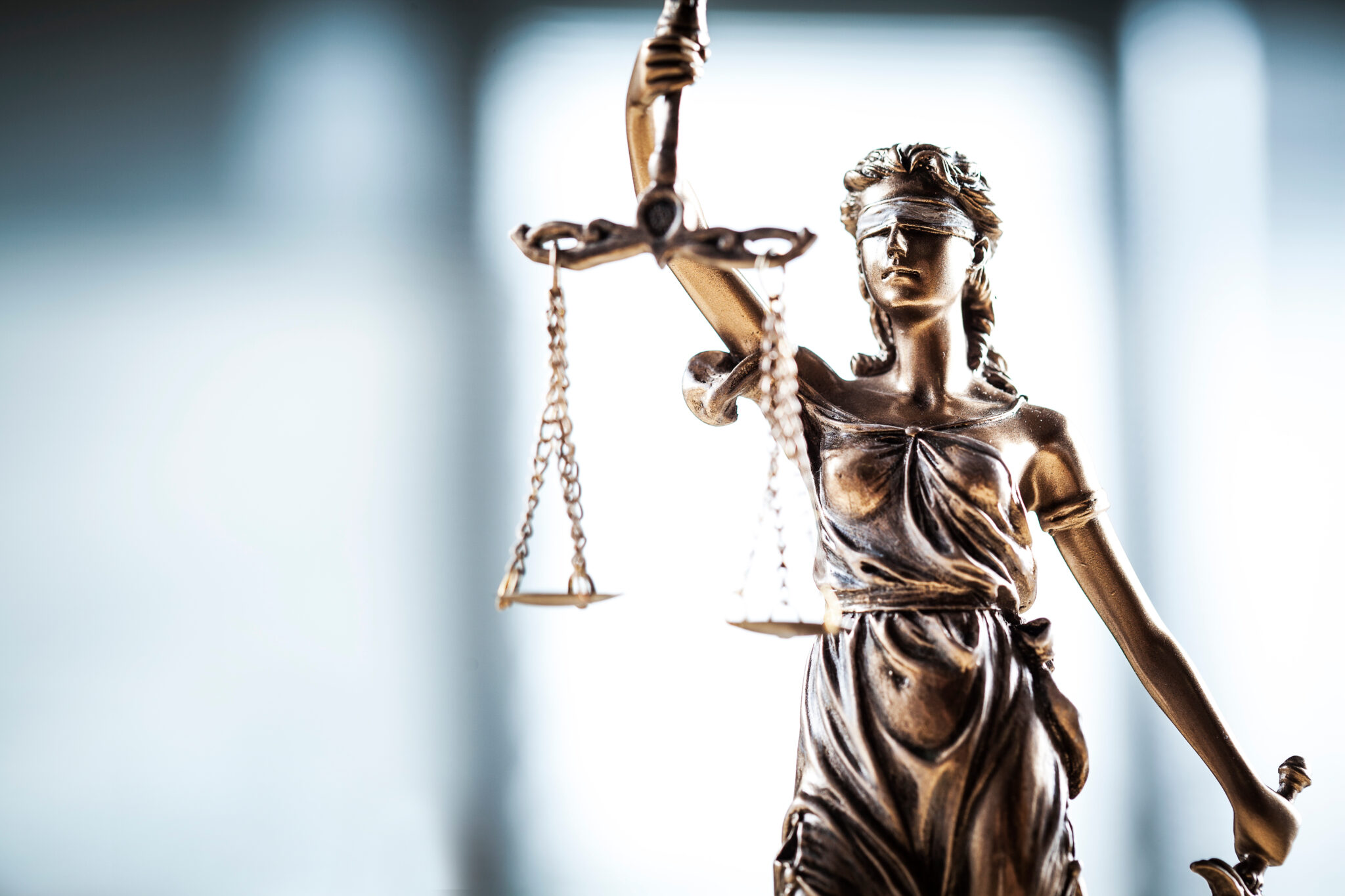On Friday January 26, 2024 – coinciding with Invasion Day – the International Court of Justice (ICJ) delivered its order regarding South Africa’s request for the indication of provisional measures in the Application of the Convention on the Prevention and Punishment of the Crime of Genocide in the Gaza Strip against Israel.
Presiding Judge Joan Donoghue began the announcement of the ruling with a recount of the facts of the case. She recalled the “immediate context” of the October 7 attacks, abduction of hostages by Hamas and detailed Israel’s large-scale military response.
The court found that there is prima facie jurisdiction to indicate provisional measures, and contrary to Israel’s calls, it will not throw out the case as allegations “appear to be capable of falling within the provisions of the Genocide Convention”.
South Africa, it was determined, has the standing to submit a case and seek the compliance of another state. This confirmed that all states party to the Genocide Convention share a common interest in ensuring that the obligations to prevent and punish genocide are met.
The situation in Gaza was deemed urgent in that it will continue to “deteriorate” before the court delivers its final judgement.
The order specifically affirmed that conditions A-D within Article 2 fall within the scope of the convention. As such, Israel must prevent military acts with the “intent to destroy, in whole or in part” the Palestinian people, inflict serious bodily and mental harm, cause physical destruction, and prevent births. The State of Israel must also prevent and punish any direct and public incitement of genocide, as well as preserve evidence, and prevent its destruction.
While the court ruled that Israel must prevent any acts that could lead to the genocide of the Palestinian people, it provided no clarity on what actions fell under that category. Whether the bombings of hospitals and the expansion of settlements lead to genocide is a question the judges can only answer when they decide on the merits of the case.
The court reminded both parties that their ability to present future arguments is unaffected by this interim order. Furthermore, it emphasised that these provisional measures do not prejudge the merits of the case. In other words, provisional measures can be sought without ruling if Israel’s behaviour is genocide.
The most direct order of the court, and a possible way to determine Israel’s desire to acknowledge its authority, is the court’s emphasis on allowing humanitarian aid into the strip. Israel, so far, has only allowed aid into Gaza sporadically and multiple international aid organisations have criticised the blockades imposed on crucial supplies. To comply with the order, a significant shift in policy would have to occur.
In a press conference, South African Minister of International Relations and Cooperation, Naledi Pandor, was satisfied by the ICJ’s directions despite the omission of an order for a “ceasefire” or “cessation”. Pandor refused to express disappointment and claimed that while she has “never been that hopeful about Israel”, especially as they have “powerful friends”, South Africa has taken sufficient action to defend international law and set a precedent that these acts would be challenged in future conflicts. After being asked successive questions about Israel, she concluded by saying,“the real issue is the people of Palestine”, and not, “South Africa versus Israel”.
By not calling for a ceasefire as South Africa requested, the court has drawn a legal distinction between the war itself and the methods Israel has employed to wage it.
Later on the steps of the court, Pandor argued a ceasefire “must happen” by implication. “How do you provide aid and water without a ceasefire,” she stated.
Palestinian Minister of Foreign Affairs, Riyadh al-Maliki, issued a statement welcoming the ruling, and thanked South Africa for instigating the case. Al-Maliki also called on all states to stop their complicity via weapons trade with Israel, citing the binding legal obligation as signatories to the Convention.
It is important to remmeber that despite this obligation, the ICJ has no real power or body to ensure the enforcement of its order.
Prime Minister of Israel, Benjamin Netanyahu, released a video statement shortly after the ruling. While not commenting directly on the judgment, he rejected the charge of genocide as “not only false but outrageous.” He further maintained the Israeli government’s war “is against Hamas, not against Palestinian civilians.”
Whilst the order and Convention do not apply to Hamas, a non-state actor, the court did reiterate calls for the “immediate and unconditional release of hostages”.
As expected, the Israeli government’s willingness to continue the war in Gaza has not changed because of the ICJ intervention. As Netanyahu summarised, “Israel will continue to defend itself against Hamas.”
Honi reached out to USyd SRC President Harrison Brennan for comment:
“The ICJ’s recent ruling, which imposes provisional measures on Israel, marks a modest victory for the Free Palestine movement. However, it’s crucial not to harbor any illusions about Israel’s willingness to adhere to this ruling, as it has repeatedly violated its obligations under international law.”
“The ruling should not deter our solidarity and support. It is imperative we sustain public pressure on the Australian Labor government and on the corporations who uphold Israel’s apartheid regime.”





